How To Reduce Inflammation Without NSAIDs
What can I take for inflammation instead of NSAIDs? What is a good substitute for NSAIDs? Click here to discover what to take instead of NSAIDs for inflammation.
Nonsteroidal anti-inflammatory drugs (NSAIDs) such as ibuprofen, naproxen and diclofenac are widely used to gain relief from all types of pain and inflammation. Although these over-the-counter or prescription medications can be useful in relieving symptoms of several conditions, including headaches, period pain, back pain, fever, arthritis, muscle aches, dental pain and injuries, they’re only intended for short-term use.
Regular and long-term use of NSAIDs raises many health concerns, such as an increased risk of stomach ulcers, kidney damage and heart problems, to name a few. Moreover, with the potential for undesired side effects and interactions with other medications, many people turn to safe alternatives to NSAIDs to achieve the same soothing effects without experiencing adverse reactions.
Are you interested in exploring alternatives to NSAIDs for inflammation and pain? This article explores a range of natural and drug-based anti-inflammatories that are not NSAIDs to provide effective relief from inflammatory health conditions.
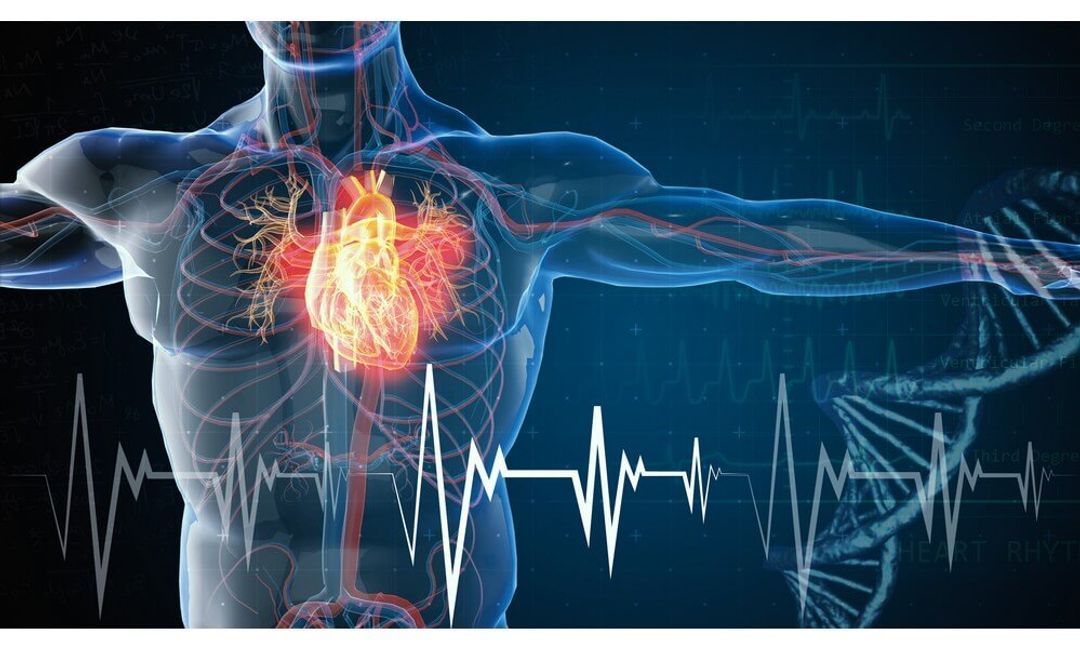 Risks And Side Effects Of NSAIDs
Risks And Side Effects Of NSAIDs
NSAIDs carry severe long-term health risks, including a 20% increase in the risk of heart attack, stroke, heart failure and death from cardiovascular disease [1]. This risk may be greater in people predisposed to cardiovascular disease; however, people without such risk factors may also be affected.
For instance, one research analysis found that NSAIDs, such as ibuprofen, diclofenac and celecoxib, could induce seven to eight additional cardiovascular events per year among 1,000 users who already have a higher-than-average risk [2].
The danger of developing heart problems can occur within the first few weeks of NSAID use and can considerably increase when taken in higher doses and over a longer period of time.
Moreover, because NSAIDs suppress enzymes that aid in blood-clotting and protecting the stomach and intestines, they can leave long-term users more susceptible to stomach ulcers, internal bleeding, and kidney and liver failure.
Groups who should proceed with caution when taking NSAIDs include:
-
Elderly
-
Overweight individuals
-
Individuals with high cholesterol
-
Individuals with high blood pressure
-
Individuals with a history of heart attacks or strokes
-
Smokers
-
Pregnant women or those trying for a baby
-
Breastfeeding mothers
-
Asthmatic individuals
-
Individuals with a history of stomach ulcers
-
Individuals with liver, kidney or gastrointestinal problems
-
Individuals taking medications such as blood thinners, antidepressants, autoimmune suppressants, diuretics, corticosteroids, etc.
-
Children under 16.
NSAIDs also carry a number of side effects that can increase with higher doses and extended use and are based on a person’s age and existing health state. These side effects include:
-
Heartburn and indigestion
-
Abdominal cramps
-
Nausea
-
Diarrhoea
-
Headache
-
Drowsiness
-
Dizziness
-
Ringing in the ears (tinnitus)
-
Allergic reactions
NSAID Alternatives For Inflammation
Due to their adverse and wide-ranging side effects, substitutes for NSAIDs may be recommended by your doctor or healthcare provider first. Below is a list of different non-NSAID medications, dietary supplements and other therapies to explore based on your specific health concerns.
Fish Oil
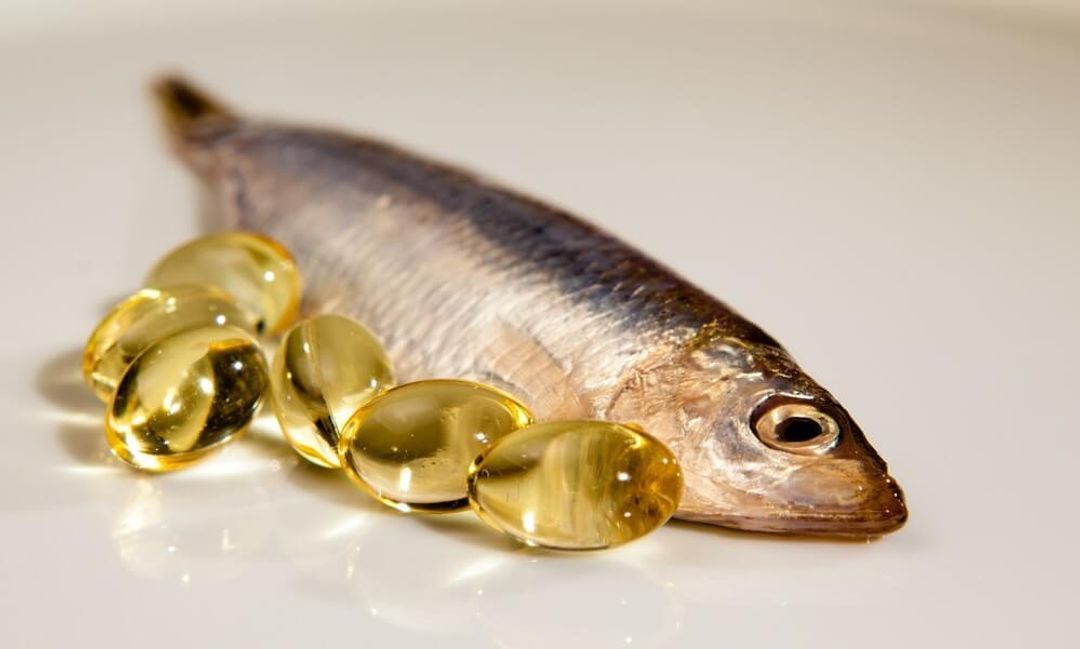 Derived from the tissues of fish such as tuna, sardines, anchovies and salmon, fish oil is an excellent source of the omega-3 fatty acids EPA and DHA, which have powerful anti-inflammatory properties.
Derived from the tissues of fish such as tuna, sardines, anchovies and salmon, fish oil is an excellent source of the omega-3 fatty acids EPA and DHA, which have powerful anti-inflammatory properties.
The body converts these acids into chemicals called resolvins to block inflammatory molecules such as cytokines and prostaglandins. Omega-3 acids have many proven benefits in fighting against chronic inflammatory conditions, including heart disease, arthritis, dementia, autoimmune disorders, asthma and others
Eating 1-2 portions of oily fish per week or alternatively taking a fish oil supplement is recommended to obtain a sufficient amount of omega-3.
Topical NSAIDs
Topical NSAIDs have pain-relieving and inflammation-reducing properties similar to oral NSAIDs, but with a reduced risk of adverse side effects.
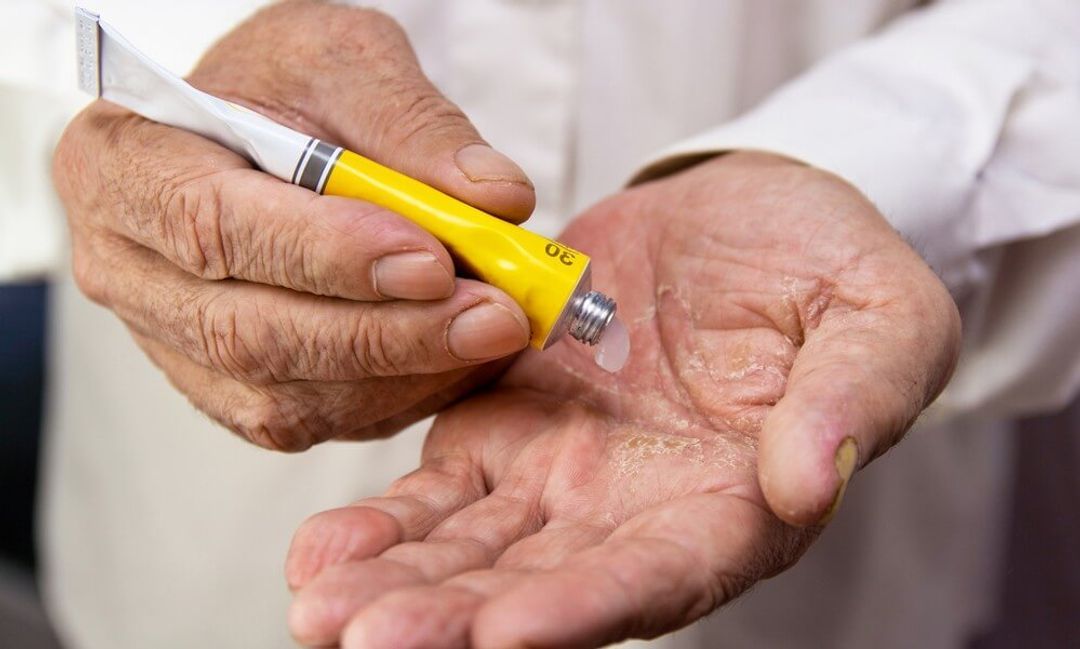 With the topical form, the concentration of the active drug in the bloodstream is far lower than with the oral (tablet) NSAIDs, which considerably reduces the risk of gastrointestinal or cardiovascular problems.
With the topical form, the concentration of the active drug in the bloodstream is far lower than with the oral (tablet) NSAIDs, which considerably reduces the risk of gastrointestinal or cardiovascular problems.
NSAID creams and gels are considered safe for those with a history of gastrointestinal bleeding or kidney disease to treat localised joint and muscle pain. Topical NSAIDs may also offer some relief in case of osteoarthritic pain.
Any side effects that do occur with NSAID creams and gels are less harmful and are primarily related to skin reactions that subside once you cease use.
Acetaminophen (paracetamol)
Commonly used to treat mild to moderate pain and reduce fevers, acetaminophen may help reduce the pain of osteoarthritis. However, it has no effect on reducing inflammation, so it cannot help with other symptoms, such as swelling
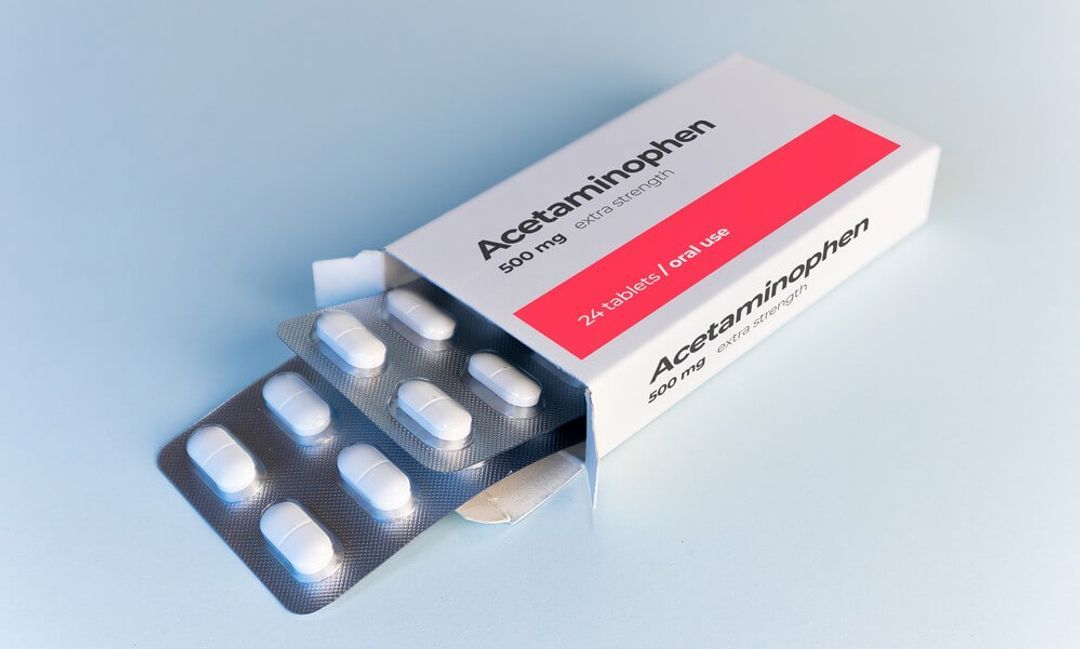 Also known as paracetamol, it alters how the body feels pain by inducing a cooling or numbing effect. It is often worth trying this painkiller before resorting to anti-inflammatory medications.
Also known as paracetamol, it alters how the body feels pain by inducing a cooling or numbing effect. It is often worth trying this painkiller before resorting to anti-inflammatory medications.
Paracetamol is available over the counter and is safe to take in the majority of cases. Although it isn’t linked to heart complications and is easier on the stomach compared to NSAIDs, excessive use can cause liver damage. Other side effects may include difficulty breathing and adverse skin reactions.
For these reasons, it is important to speak with your doctor if you experience any side effects and possibly ask to have your liver function tested, depending on your dose and length of use.
Acupuncture
 There is some evidence to suggest the positive effects of acupuncture on reducing symptoms of chronic pain associated with the back, neck, arthritis, headaches and fibromyalgia [3].
There is some evidence to suggest the positive effects of acupuncture on reducing symptoms of chronic pain associated with the back, neck, arthritis, headaches and fibromyalgia [3].
Acupuncture is a technique used in traditional Chinese medicine, and it involves inserting fine needles into specific points of the body. This process stimulates chemicals to relieve pain and reduce inflammation by inhibiting an overactive immune response.
Although not everyone will experience its benefits, acupuncture can be a good alternative to NSAIDs for pain and inflammation relief. With that said, it is important to have acupuncture performed by a qualified professional as it can cause serious side effects if not executed properly, including organ puncture, infections from unsterilised needles and damage to the central nervous system.
Cognitive Behavioural Therapy
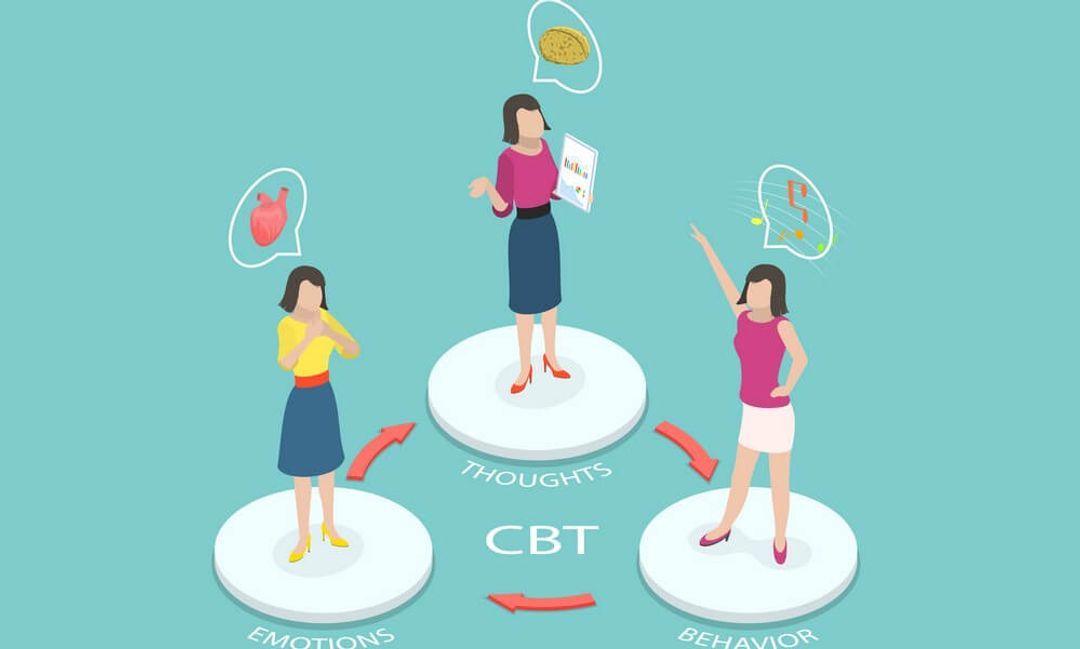 Cognitive behavioural therapy (CBT) is a type of talking therapy that can help individuals with chronic pain and inflammation.
Cognitive behavioural therapy (CBT) is a type of talking therapy that can help individuals with chronic pain and inflammation.
In fact, a 2020 meta-analysis of 56 studies concluded that CBT was the most effective psychotherapy intervention for reducing inflammation, and the benefits lasted for at least six months following treatment [4].
CBT can be an effective alternative to NSAID by informing individuals of strategies to cope with their condition and alter their thought patterns, behaviours and relationship with it. This process can, in turn, affect biology and ultimately reduce flare-ups and the risk of chronic inflammatory diseases.
Pro-inflammatory cytokines appear to be significantly reduced through CBT, rendering this type of psychotherapy an effective treatment option for those who can’t take NSAIDs for medical reasons or prefer a holistic approach to treating inflammation.
Physiotherapy
 Physiotherapy involves trained professionals analysing and treating injuries and health conditions causing physical pain and restricted movement as a result of inflammation.
Physiotherapy involves trained professionals analysing and treating injuries and health conditions causing physical pain and restricted movement as a result of inflammation.
A physiotherapist can help restore the range of movement and function in the affected area, reduce the risk of further injury or illness and help improve an individual’s overall quality of life. Additionally, they can offer advice about adopting habits to improve health, strength and mobility, such as good posture, correct lifting techniques and tailored exercises.
Inflammatory health conditions that can be improved through physiotherapy include:
-
Arthritis
-
Sports injuries
-
Joint or muscle stiffness
-
Brain and nervous system problems resulting from stroke, multiple sclerosis, Parkinson’s disease or dementia
-
Heart and blood circulation issues, e.g. following a heart attack
-
Lungs and breathing problems, e.g. chronic obstructive pulmonary disease or cystic fibrosis
Meditation
Stress can often be a factor in worsening symptoms of pain and inflammation, and meditation and other relaxation techniques can help to counter such effects. Research has shown that meditation can reduce an individual’s experience of physical pain by helping the brain to relax and taking attention away from the stimulus [5].
 Additionally, a 2016 study found that mindfulness meditation improved stress management, immune regulation and inflammation by reducing the amount of pro-inflammatory biomarkers circulating in the blood [6].
Additionally, a 2016 study found that mindfulness meditation improved stress management, immune regulation and inflammation by reducing the amount of pro-inflammatory biomarkers circulating in the blood [6].
These findings indicate that meditation could have potential as an alternative to conventional painkillers and anti-inflammatories, including NSAIDs and other drugs.
Meditation consists of a variety of techniques, such as mindful walking, deep breathing, body scans, progressive muscle relaxation and visualisation.
Medical Cannabis
 Some people may find medical cannabis a safer and equally effective alternative to NSAIDs, owing to its high cannabinoid (CBD) content.
Some people may find medical cannabis a safer and equally effective alternative to NSAIDs, owing to its high cannabinoid (CBD) content.
CBD has pain-relieving and anti-inflammatory properties mainly because it binds to specific receptors within the body’s endocannabinoid system (ECS) responsible for regulating pain and inflammation, thereby helping to balance this system.
Medical cannabis is available in topical and edible form and can ease inflammation without producing the ‘high’ effect often associated with the plant.
A 2017 review found that CBD’s anti-inflammatory properties can help with the following conditions [7]:
-
Alzheimer’s disease
-
Multiple sclerosis
-
Inflammatory bowel disease
-
Cardiovascular disease
-
General pain and inflammatory conditions
Glucosamine
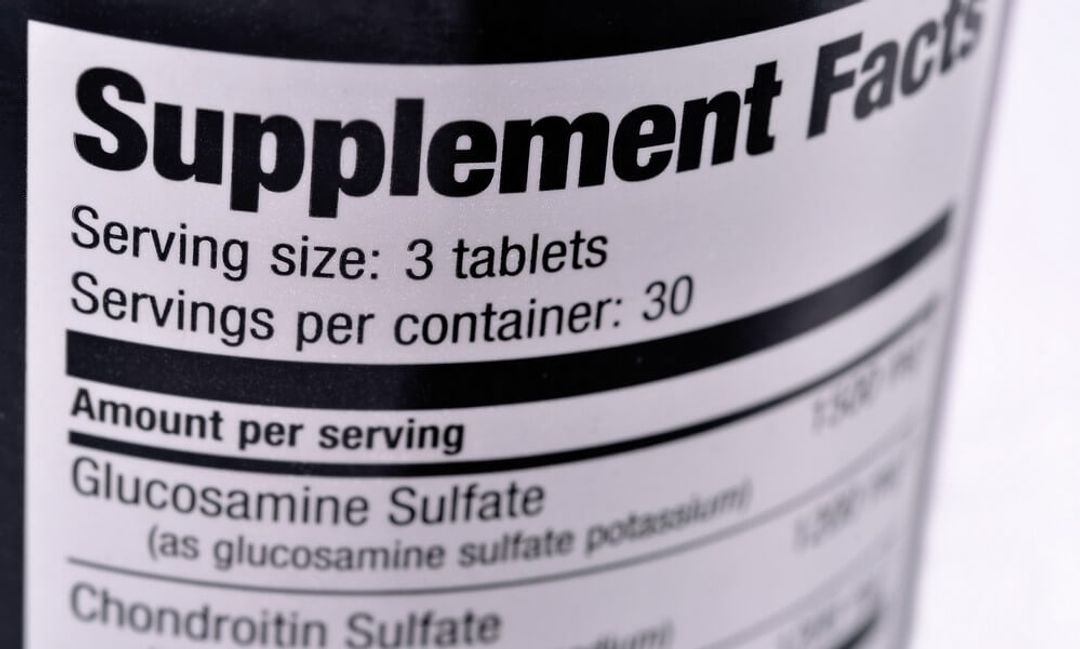 Glucosamine is a natural compound found in the body – most commonly stored in the cartilage – and used for repairing it when damaged.
Glucosamine is a natural compound found in the body – most commonly stored in the cartilage – and used for repairing it when damaged.
For people who do not react well to NSAIDs, glucosamine may be a safe and effective way to reduce symptoms of arthritis, heart disease, diabetes and other conditions associated with chronic inflammation.
Moreover, early research suggests that glucosamine supplements produce antioxidant effects and may be beneficial for preserving eye health, particularly for those with conditions like glaucoma [8].
Glucosamine supplements are harvested from the shells of shellfish or formulated in a lab and are generally well-tolerated. However, they may not be suitable for those on blood-thinning medications or simultaneously taking acetaminophen.
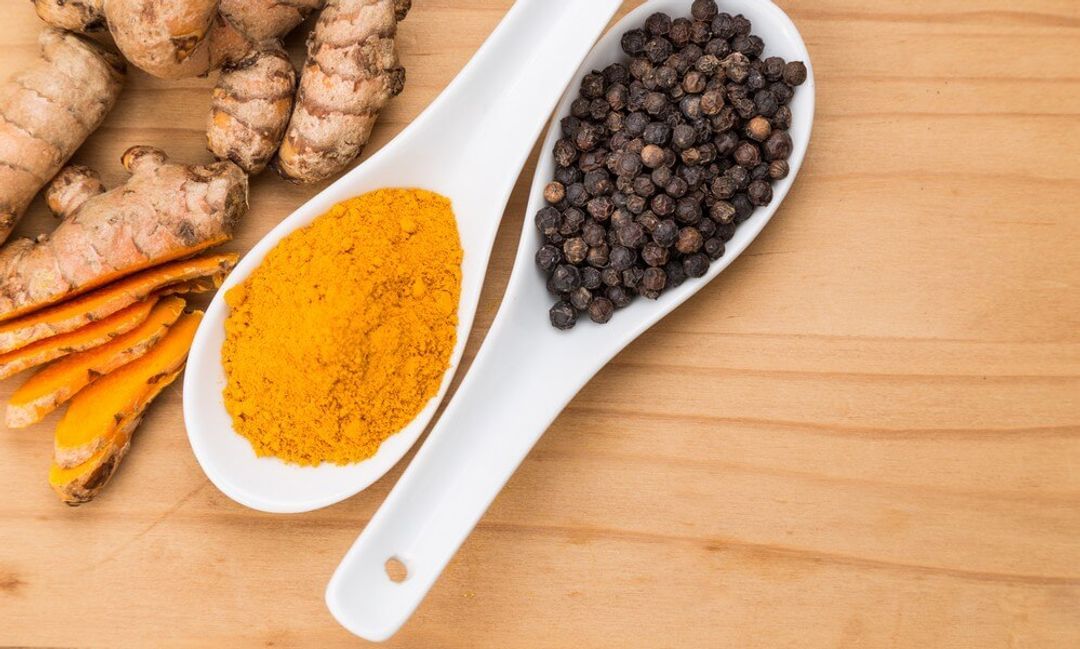 Curcumin
Curcumin
A compound found in turmeric and a staple in Chinese and Ayurvedic medicine, curcumin has been used for centuries to reduce inflammation, treat digestive disorders and heal wounds, making it an excellent NSAID alternative.
Studies have shown that curcumin blocks inflammatory molecules in the body and has shown positive effects in individuals with rheumatoid arthritis, inflammatory bowel disease, cardiovascular disease and others [9].
With that said, turmeric has to be paired with black pepper to experience its beneficial effects. This is because black pepper contains a compound called piperine, which enhances curcumin absorption in the body.
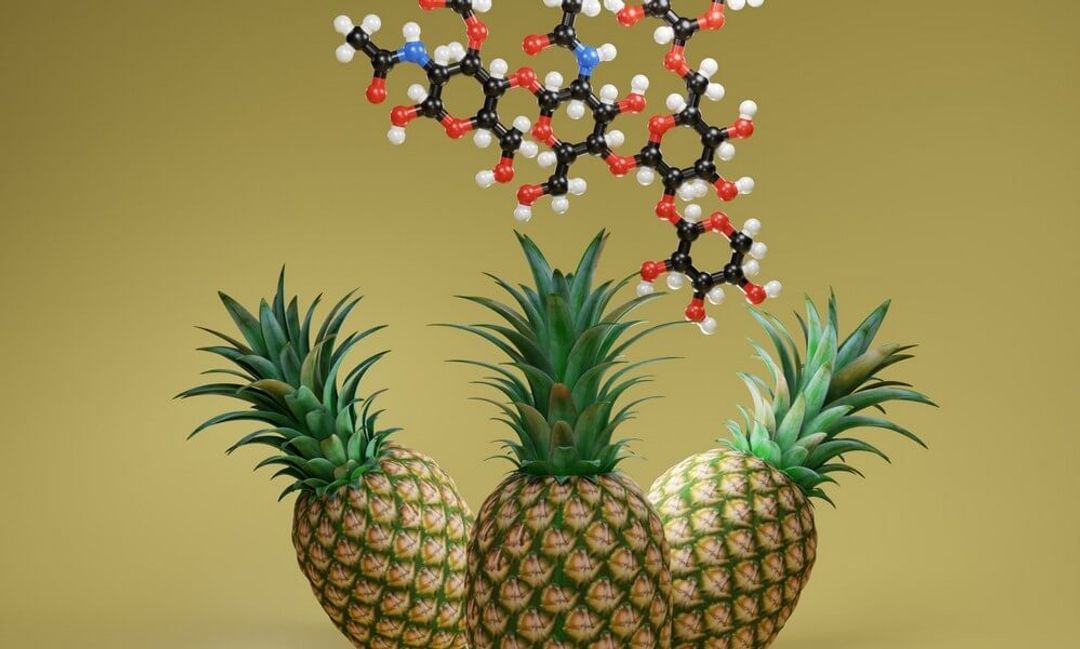 Bromelain
Bromelain
A group of enzymes found in pineapples, bromelain is widely touted for its anti-inflammatory properties. It has been used as a supplement in the management of a wide range of health conditions, including osteoarthritis, cancer, gastrointestinal issues and muscle soreness, and as a topical treatment for burns and wounds.
Studies also show that bromelain may reduce swelling, bruising, pain, and healing time associated with sinusitis, physical injuries and surgery [10].
The concentration of bromelain found in pineapples isn’t sufficient to produce medicinal effects. Bromelain is available as a supplement in capsule or tablet form, with 80- 230mg recommended as a daily dose.
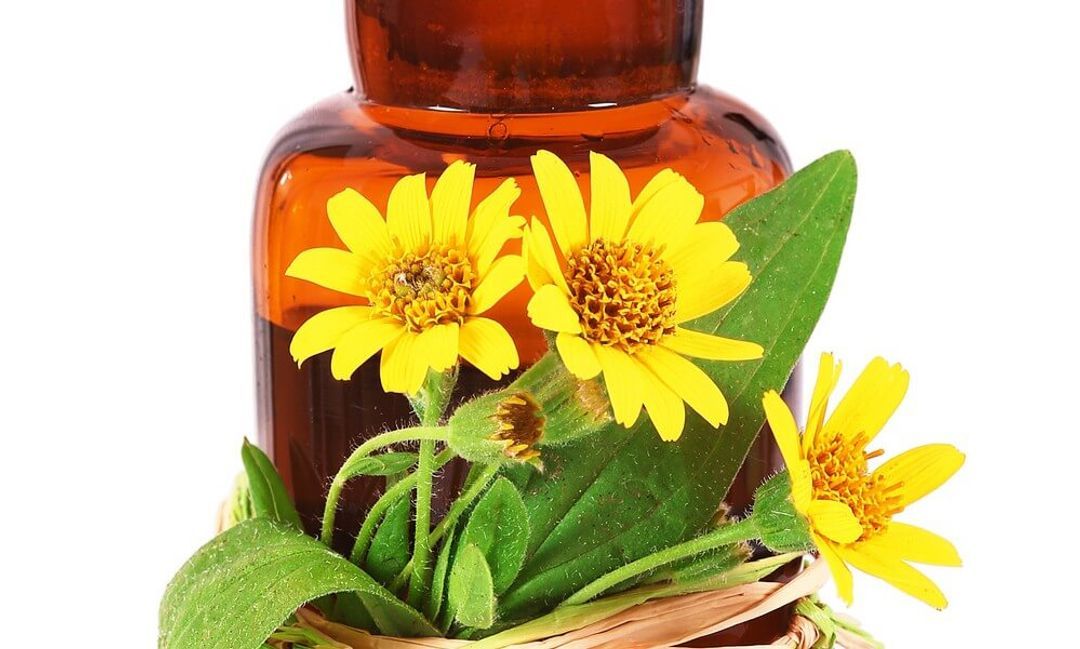 Arnica
Arnica
Although there is no clinical evidence to support the use of arnica for inflammatory conditions, there is plenty of anecdotal evidence to suggest the medicinal herb can relieve osteoarthritis, throat inflammation and pain after surgery, as well as treat bruising, bleeding and swelling.
Otherwise known as wolf’s bane, this homoeopathic medication can be taken orally or topically. However, oral forms can cause serious side effects and are often diluted to reduce the risk of harmful effects. Moreover, using topical arnica treatments over a long period of time may cause skin irritations, including eczema, peeling and blisters.
 Topical Capsaicin
Topical Capsaicin
A chemical found in chilli peppers, capsaicin is available in ointment, cream, oil or gel form in varying strengths to block nerves from sending pain signals to the brain.
The medication can be used to treat mild to moderate muscle and joint aches and pains caused by backache, arthritis, strains and sprains.
In fact, a 2013 lab study conducted on rats found that capsaicin was an effective analgesic, and it produced anti-inflammatory effects comparable to the NSAID diclofenac [11].
Take Care Of Your Health With GlycanAge
Although NSAIDs can be useful in treating a range of health conditions resulting from acute and chronic inflammation, they do come with a number of harmful side effects that can develop into serious health complications with extended use and higher doses. For this reason, it is always important that the benefits of NSAIDs outweigh the risks.
Individuals who don’t want to experience the harmful repercussions of NSAIDs, are unable to take them due to interactions with other medications or would prefer a more natural approach to treating inflammation may consider one or a combination of the treatment options listed in this article.

While acute inflammation is an immune response to an injury, illness or infection necessary for the healing process, chronic inflammation results from an overactive immune system that continues to respond in the same way, even when there is no danger to the body.
A GlycanAge test is the perfect tool to measure the extent of inflammation within the body to determine your biological age (the age of your cells and organs). Based on this information, you can discover lifestyle habits that are making your body age faster; for instance, a poor diet, lack of exercise or chronic stress. You can then implement necessary changes to effectively delay or even reverse the ageing process.
Once you receive your home testing kit, all you need to do is a simple finger prick test, send the results back to our lab and leave the rest to us. After 3-5 weeks of rigorous analysis to obtain the most accurate readings, your results will be ready.
GlycanAge offers numerous price points to meet your budget and payment plans to spread the cost over 12 months. A single test (£289) is best if you’re starting your wellness journey and want to discover your biological age. Two tests (£492) are highly recommended to track your progress as you work towards healthy ageing. Alternatively, a custom plan is best suited to those interested in making long-term improvements to their health, with additional discounts and tailored support.
Moreover, each customer is entitled to a free 1-1 consultation with a scientist and/or healthcare professional to help understand the results and devise a strategy to prolong healthspan.
Order your GlycanAge biological age test today.
References
-
https://www.cureus.com/articles/6604-cardiovascular-risk-of-nonsteroidal-anti-inflammatory-drugs-an-under-recognized-public-health-issue#!/
-
https://www.health.harvard.edu/heart-health/heart-safer-nsaid-alternatives
-
https://jamanetwork.com/journals/jamainternalmedicine/fullarticle/1357513?utm_source=buffer&buffer_share=c0c42#METHODS
-
https://jamanetwork.com/journals/jamapsychiatry/fullarticle/2766707?guestAccessKey=50dd08aa-b36a-4190-a907-7d0dcdc791ff&utm_source=For_The_Media&utm_medium=referral&utm_campaign=ftm_links&utm_content=tfl&utm_term=060320
-
https://time.com/4108442/mindfulness-meditation-pain-management/
-
https://www.biologicalpsychiatryjournal.com/article/S0006-3223%2816%2900079-2/fulltext
-
https://www.sciencedirect.com/science/article/abs/pii/S0163725817300657?via%3Dihub
-
https://www.webmd.com/diet/health-benefits-glucosamine#:~:text=Glucosamine%20and%20chondroitin%20supplements%20may,why%20glucosamine%20reduces%20arthritis%20pain.
-
https://pubmed.ncbi.nlm.nih.gov/27638428/
-
https://www.mountsinai.org/health-library/supplement/bromelain#:~:text=Although%20studies%20show%20mixed%20results,and%20other%20minor%20muscle%20injuries.


